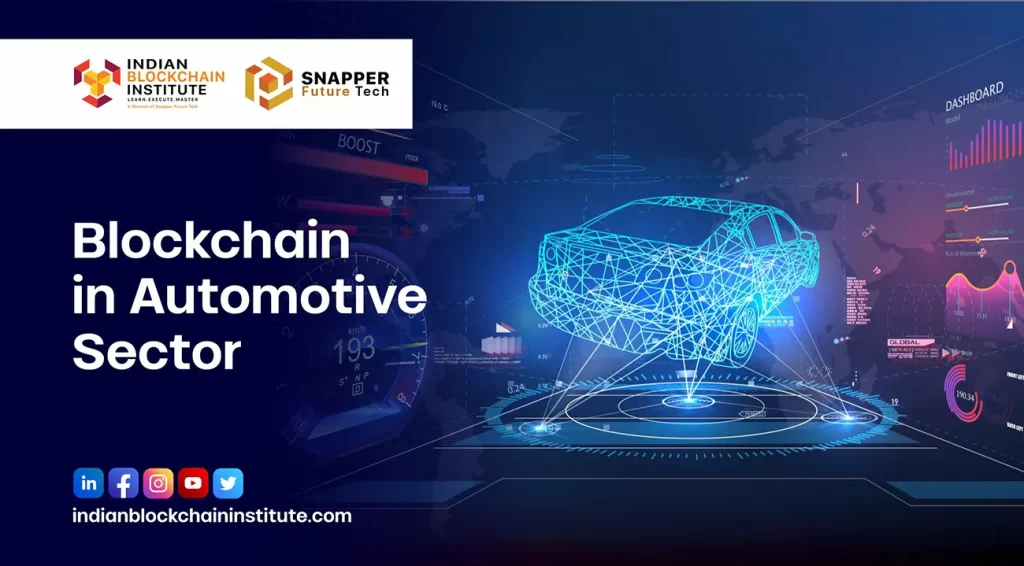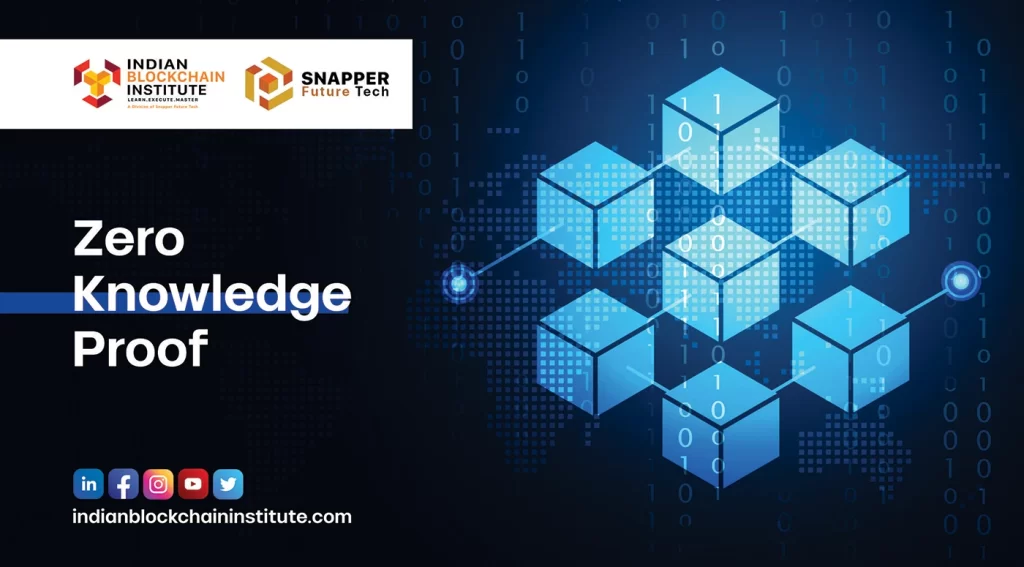Introduction Non-Fungible Tokens (NFTs) are often associated with digital art and collectibles, but their potential extends far beyond these applications. With their unique ability to establish digital ownership and ensure authenticity on the blockchain, NFTs are transforming industries across various sectors. From supply chain management to healthcare and real estate, NFTs are providing innovative solutions …
Uncategorized
Introduction The rise of Web3 technologies is reshaping the digital landscape, and blockchain-powered social media is at the forefront of this revolution. Unlike traditional platforms controlled by centralized corporations, Web3 social media prioritizes user ownership, privacy, and decentralization. This shift is empowering users and content creators, ensuring greater transparency and freedom in online interactions. As …
Blockchain-Powered Social Media: The Future of Web3 Communication Read More »
AI-Powered DAOs: The Future of Decentralized Governance & Automation Introduction: AI Meets Decentralized Autonomous Organizations (DAOs) The rise of Decentralized Autonomous Organizations (DAOs) has reshaped governance in blockchain ecosystems by enabling community-driven decision-making without centralized control. However, traditional DAOs often face challenges like low voter participation, governance inefficiencies, and human bias. Enter Artificial Intelligence (AI)—a …
“AI-Powered DAOs: The Future of Decentralized Decision-Making in Web3” Read More »
Decentralized Alternatives to Traditional Social Platforms: How Blockchain Ensures User Privacy, Data Ownership, and Content Monetization Introduction Social media has become an essential part of our daily lives, connecting billions of people worldwide. However, traditional social platforms like Facebook, Twitter, and Instagram are often criticized for privacy violations, centralized control, data exploitation, and unfair content …
Web3 Social Media: Can Blockchain Fix the Internet? Read More »
Blockchain in AI Governance As artificial intelligence (AI) continues to evolve, concerns regarding transparency, accountability, security, and bias in AI systems have become more prominent. Traditional governance models struggle to ensure that AI operates fairly, ethically, and without undue influence. Blockchain technology, with its decentralized and immutable nature, offers a potential solution to these challenges. Blockchain can enhance …
Introduction Supply chain management has come a long way in the past fifty years, becoming an extensive and complex industry that operates on a global scale. With the rise of globalization, the complexity of managing supply chains has increased significantly. However, there is hope for a brighter future, thanks to the benefits of integrating blockchain …
Introduction The adoption of blockchain technology in various industries, including supply chain management, has been increasing in recent years. One of the primary challenges in managing supply chains is ensuring transparency and traceability of products throughout the supply chain. Blockchain technology can address this issue by enhancing supply chain transparency. To improve supply chain transparency, …
Improving Supply Chain Transparency with Blockchain Read More »
Introduction Blockchain technology has rapidly evolved since its introduction a decade ago. Originally intended to serve as the foundation for a new electronic cash system, it has since expanded to become a crucial component of a potential future digital economy, capable of disrupting multiple industries. While it was initially associated with Bitcoin and cryptocurrencies, this …
What Is a DAO? A DAO is a decentralized organization that operates on blockchain technology and is governed by a native crypto token. It uses smart contracts to coordinate resources and decision-making among token holders, creating a transparent and accountable platform. DAOs have the potential to revolutionize various industries and reshape the way communities and …
Introduction While blockchain has provided several benefits like transparency, immutability, and decentralization, it may lack the privacy required for specific transactions. Blockchain technology has opened up several commercial prospects. It creates a permanent record of transactions and boosts trust. Notwithstanding these benefits, blockchain requires information sharing with other systems in order to authenticate transactions. In …










